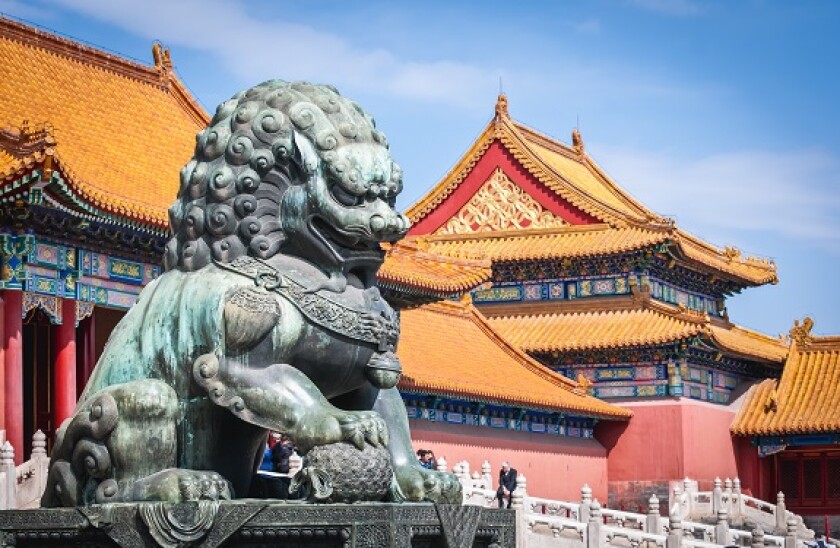Chinese technology stocks have been on a rollercoaster ride for nearly two years now, since regulators began their crackdown of the sector by scrapping Ant Group’s $34bn IPO at the eleventh-hour in November 2020, and hitting ride-hailing firm Didi Global with restrictions after its landmark US IPO last year.
Are things looking up for the industry? Chinese authorities are sending all the right signals — but the turmoil of the past year means it’s time they move away from simply signalling support to explicitly laying the groundwork for the market’s revival.
For example, Chinese premier Li Keqiang spared a few words of encouragement for the country’s technology sector last week, a pledge of support of sorts for companies listing domestically and overseas.
He echoed an almost identical line from Wang Jianjun, vice chairman of the country’s securities regulator, earlier in May.
The comments from Li and Wang come as Beijing has begun showing a more inclusive approach for tech, from start-ups to majors.
This is certainly a welcome change, coming after a crackdown on the sector that has seen IPOs scuppered and billions of dollars in value wiped off listed companies. But it is going to take more than just positive words to have a meaningful effect on the equities market, let alone on IPOs.
Some analysts are helping the cause. JP Morgan, for instance, reversed its ‘uninvestable’ call to ‘investable’ on May 17, briefly sending Chinese tech stocks soaring.
However, technology companies’ share prices are still swinging wildly on the Hong Kong Stock Exchange. The Hang Seng Tech Index, which tracks 30 stocks, has hit lows of 3,806.19 points and 3,864.95 points, as well as a high of 4,471.75, within the past month.
At noon Wednesday, the index was at 4,032.34 points, representing a 0.78% gain since roughly a month ago. But in the second quarter, it is down 11.53% and year-to-date has slumped 28.89%.
The secondary market performance is meaningful, and shows that investors are still wary of the tech industry, irrespective of the recent comments in favour of the sector.
It’s the same case on primary markets too. On Monday, shareholders of Didi Global approved its delisting from the New York Stock Exchange.
The long-expected decision follows a disastrous listing almost 11 months ago. The firm’s rushed $4.4bn IPO angered Chinese regulators and sparked a sudden tightening of restrictions on overseas listings by almost any business using customer data. Didi debuted in the US on June 30, 2021. It sold its American depository share at $14.00 each; they closed on Tuesday at $1.48, or about 89% lower than the IPO price.
The market for ADS listings by Chinese companies has been desolate since, with the US Securities and Exchange Commission also making it painfully obvious where it stands by continuing to add to its list of Chinese stocks that face delisting unless they comply with US auditing requirements.
Beijing made a vague commitment to allow greater access for US auditors earlier this year, but that had little more than a day-long impact on the market and sentiment.
China’s authorities need to start taking some tangible action urgently, before they can expect to see changes in the market. Given the government already has to contend with a host of other bigger challenges — like the property crisis, slowing economic growth and a resurgence in Covid-19 infections in the country — turning off the heat on the tech sector can go some way in boosting sentiment.
With a backdrop of severe global volatility, there are too many factors affecting the Chinese technology sector to be solved with words alone. The authorities need to jump into action.

